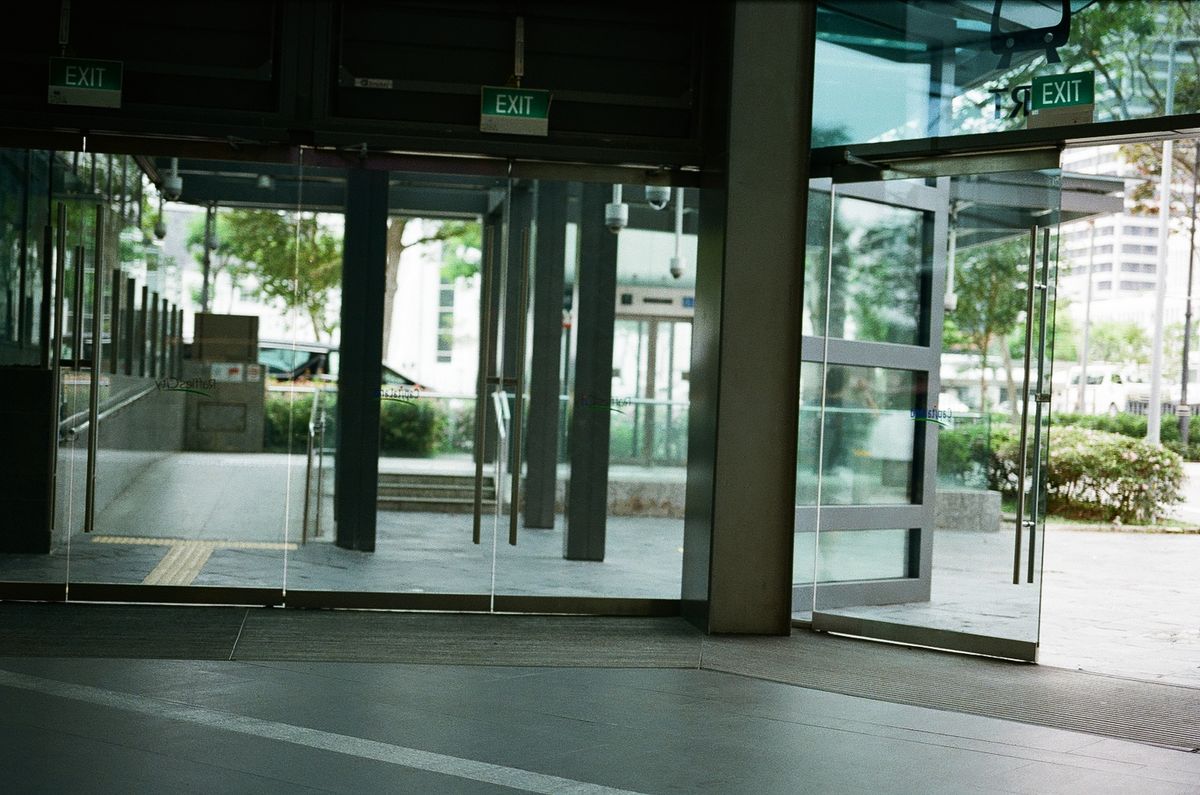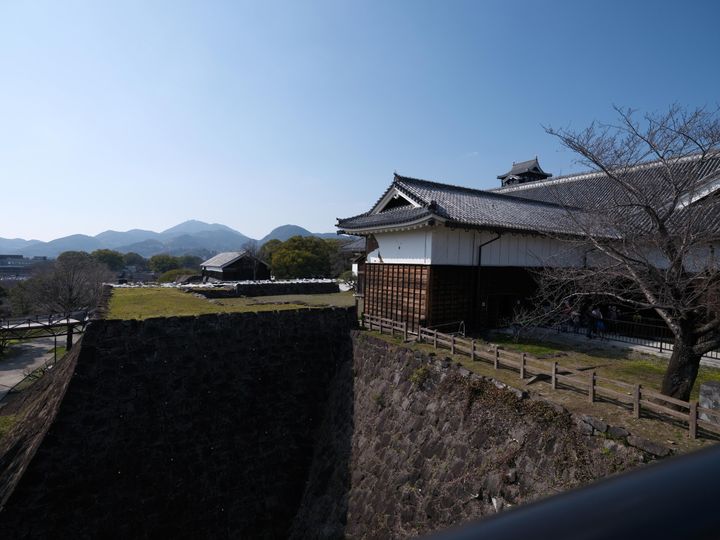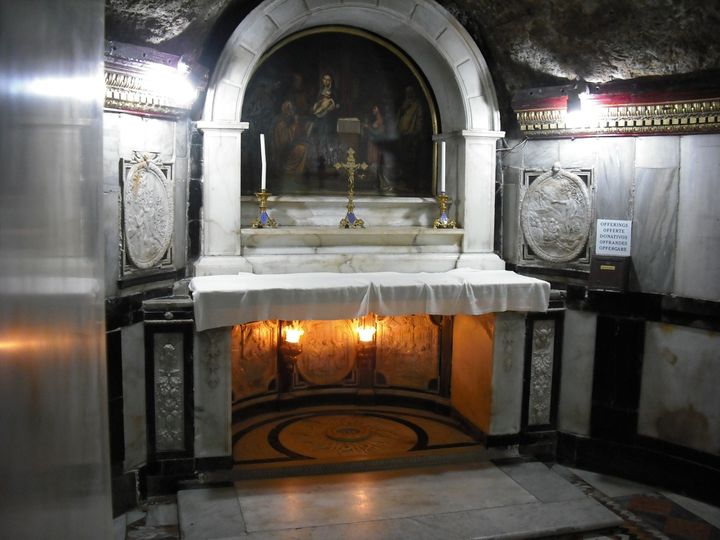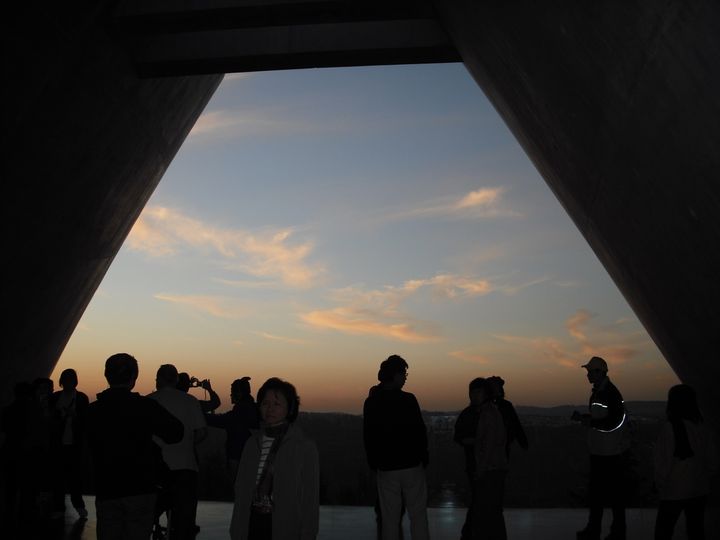QT 02/04/2025 Wed. Isaiah 38. Is it possible to trust God through life's problems. 是否有可能通过生活中的问题信靠上帝。

QT 02/04/2025 Wed. Isaiah 38. Is is possible to trust God through life's problems.
READ http://www.esvbible.org/isaiah38
King Hezekiah of Judah is a sort of representative of those who turn to God, trust Him and find relief and deliverance in life's multiple problems.
Isaiah 38:1–6 [1] In those days Hezekiah became sick and was at the point of death. And Isaiah the prophet the son of Amoz came to him, and said to him, “Thus says the LORD: Set your house in order, for you shall die, you shall not recover.” [2] Then Hezekiah turned his face to the wall and prayed to the LORD, [3] and said, “Please, O LORD, remember how I have walked before you in faithfulness and with a whole heart, and have done what is good in your sight.” And Hezekiah wept bitterly.
God added 15 years to his life.
38:4 Then the word of the LORD came to Isaiah: [5] “Go and say to Hezekiah, Thus says the LORD, the God of David your father: I have heard your prayer; I have seen your tears. Behold, I will add fifteen years to your life. [6] I will deliver you and this city out of the hand of the king of Assyria, and will defend this city. (ESV)
REFLECTION: We learn from Isaiah 7–35 that God is trustworthy and His servants should trust Him for all of life. Would you arrange your lifestyle to reflect that trust today?
Nevertheless, Isaiah 38's portrayal of Hezekiah is both positive and negative.
(1) On the one hand, Hezekiah turned to God in submission and trust Him when faced with a sudden health issue.
(2) On the other hand, Hezekiah is only a mortal human and not God nor the Messiah that can save the nation in all areas that need to be saved.
(3) The request for a sign (Isaiah 38:22) could be understood in two ways (a) firstly, as tempting or testing God in the negative sense where the requestor doubted God and therefore demands evidence of God's capability and willingness to do what He had just said, or (b) secondly as believing in God and asks for confirmation. Even though God went out of the way to heal Hezekiah and give him a sign here, the portrayals in subsequent chapters regarding Hezekiah were more ambivalent.
Isaiah 38:9–11
[9] A writing of Hezekiah king of Judah, after he had been sick and had recovered from his sickness:
[10] I said, In the middle of my days
I must depart;
I am consigned to the gates of Sheol
for the rest of my years.
[11] I said, I shall not see the LORD,
the LORD in the land of the living;
I shall look on man no more
among the inhabitants of the world. (ESV)
Indeed, we note that most parts of the psalm in Isaiah 38:9–20 spoke of the mortality of Hezekiah even after his recovery from illness. This mortality applied to all of humanity. Even though God added 15 years to Hezekiah's life, this was only temporary, as is with all medical healings. Readers are to understand that the life of a man or of a city (even the world) is solely in the hands of God, not any particular human being.
REFLECTION: Readers would note that many of the big promises that were made through Isaiah 7–12 had not been fulfilled yet during Hezekiah's time. In such a situation (which might be where you and I are today), we have to continue to trust God to lead us until further down the road when we would see God's work unfolding in history more completely. Coming back to the major theme of Isaiah 7–35, in whom do you trust?
QT 02/04/2025 星期三 以赛亚书 38 是否有可能通过生活中的问题信靠上帝。
阅读 http://m.bbintl.org/bible/ncv/isa/38
犹大王希西家是那些转向上帝、信靠祂并在人生的多重问题中找到解脱和拯救的人的代表。
以赛亚书 38:1-6 那时,希西家患了重病,快要死去。亚摩斯的儿子以赛亚先知来见他,对他说:“耶和华这样说:‘你要把你的家整顿妥当,因为你快要死去,不能存活。’” 2 希西家就转脸向墙,对耶和华祷告、3 说:“耶和华啊!求你记念我在你面前怎样诚诚实实、以纯全的心来行事,又作你眼中看为善的事。”然后,希西家就痛哭起来。 4 耶和华的话临到以赛亚说: 5 “你去告诉希西家:‘耶和华你祖先大卫的 神这样说:我听见了你的祷告,看见了你的眼泪;看哪!我必在你的寿数上加添十五年。6 我必救你和这城脱离亚述王的手;我必保护这城。’
神使他多活了多十五年。
反思:我们从以赛亚书 7-35 章中得知,神是可信赖的,祂的仆人应该一生信靠祂。今天,你会安排自己的生活方式来体现这种信任吗?
然而,以赛亚书第 38 章对希西家的描写既有积极的一面,也有消极的一面。
(1)一方面,希西家在面对突如其来的健康问题时,顺服并信靠了神。
(2)另一方面,希西家只是一个凡人,不是神,也不是弥赛亚,不能在所有需要拯救的方面拯救国家。
(3) 请求神迹(以赛亚书 38:22)可以从两个方面来理解:(a)首先,从消极的意义上说,这是对神的试探或考验,请求者怀疑神,因此要求证明神有能力并愿意做祂刚刚说过的话;或者(b)其次,请求者相信神,并要求得到证实。尽管上帝在这里不遗余力地医治希西家并给他神迹,但在随后的章节中,关于希西家的描写却更加的多面化、复杂。
以赛亚书 38:9-11 犹大王希西家从病患中痊愈以后,就写了这诗:10 我曾说:在我盛年之际,我竟要进入阴间之门;我余剩的年日,竟被夺去。11 我曾说:在活人之地,我必不得见耶和华;在世间的居民中,我必不再见到任何人。
事实上,我们注意到,《以赛亚书》38:9-20 中诗篇的大部分内容都提到了希西家的死亡,即使在他病愈之后也是如此。这种死亡率适用于全人类。尽管上帝给希西家增加了 15 年的生命,但这只是暂时的,就像所有的医疗的医治一样。读者应该明白,一个人或一座城市(甚至整个世界)的生命完全掌握在上帝的手中,而不是某个特定的人。
反思:读者会注意到,以赛亚书第 7-12 章中的许多重大应许在希西家时期尚未实现。在这种情况下(可能就是你我今天的处境),我们必须继续相信神会带领我们,直到我们看到神的工作在历史中更完整地展开。回到以赛亚书 7-35 的主题,你信靠谁?


